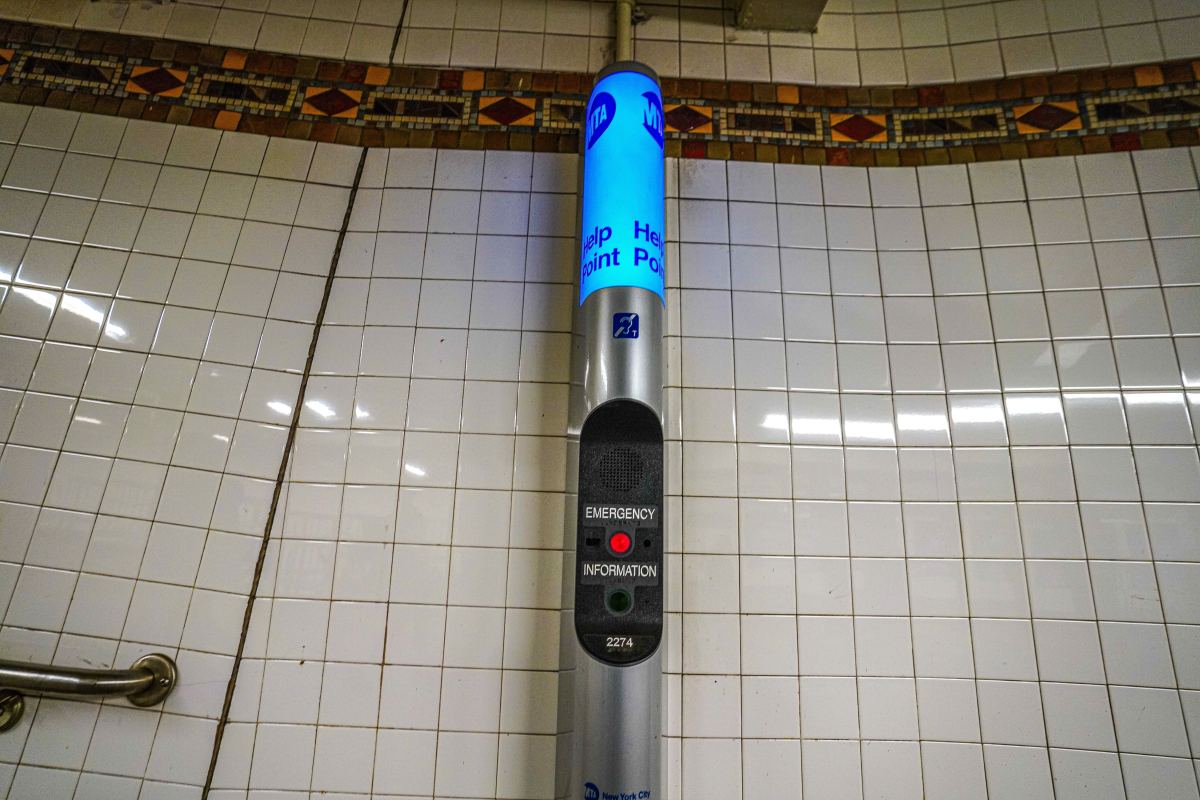CHICAGO (Reuters) – U.S. officials plan to use data gathered from people who have already been vaccinated against COVID-19 as well as data from ongoing clinical trials to determine when and whether current vaccines need to be updated to address viral variants.
Peter Marks, director of the Food and Drug Administration’s Center for Biologics Evaluation and Research, said in a hearing on Wednesday that his agency has already started getting data on vaccine safety from surveillance systems.
Those systems have been set up to gather reports of vaccine side effects from individuals and physicians and are managed in partnership with the FDA and the U.S. Centers for Disease Control and Prevention.
The FDA is also working with the U.S. Centers for Medicare and Medicaid Services to mine data in health information systems to look for possible safety signals.
Marks told a hearing of the House Committee on Energy & Commerce that his agency has already begun to receive data on vaccine safety.
He said the FDA intends to use these surveillance systems to determine whether vaccines continue to be effective in the presence of new variants of the coronavirus, especially those that may be capable of evading protection from vaccines.
Marks told the panel he expects to start receiving data on whether vaccines are continuing to work within the next few months. He is also continuing to monitor clinical trials for signs of vaccine failure.
Large numbers of breakthrough infections in which vaccinated people get COVID-19 would suggest that booster shots – using the same or a retooled vaccine targeting specific variants – are needed.
Moderna Inc, Pfizer Inc and BioNTech SE, Johnson & Johnson and Novavax Inc have announced they have begun work on vaccines to address variants should they be needed.
(Reporting by Julie Steenhuysen; additional reporting by Manas Mishra in Bengaluru, Editing by Franklin Paul and Aurora Ellis)





















